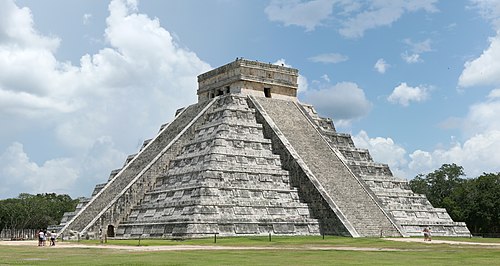The "collapse" of early states
James C. Scott disputes the usual formulation of the disappearance of early states as "collapses." He writes "it is... essential to emphasize what such events do not necessarily mean. They do not necessarily mean a decline in regional population. They do not necessarily mean a decline in human health, well-being, or nutrition, and, as we shall see, may represent an improvement. Finally, a 'collapse' at the center is less likely to mean the dissolution of a culture than its reformulation and decentralization." (p. 186)
Why, then, the frequent narrative of collapses? Scott claims it is because "What in fact were lost were the beloved objects of classical archaeology: the concentrated ruins of the relatively rare centralized kingdoms, along with their written record and luxuries" (pp. 186-187).

Comments
Post a Comment